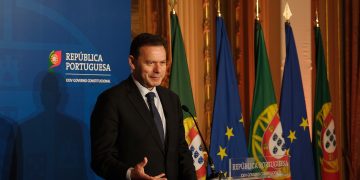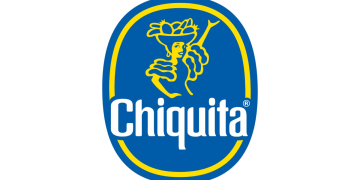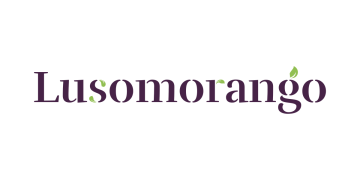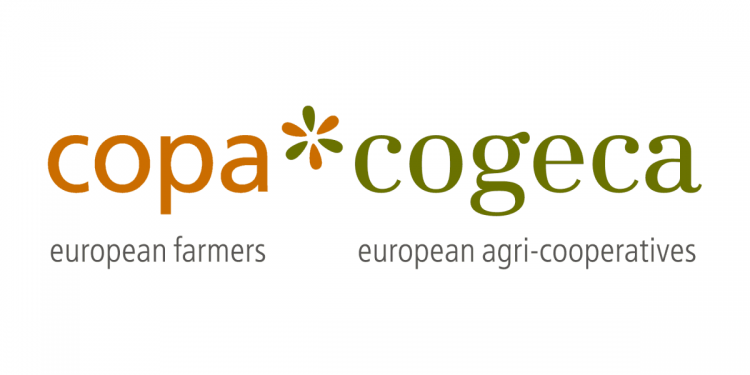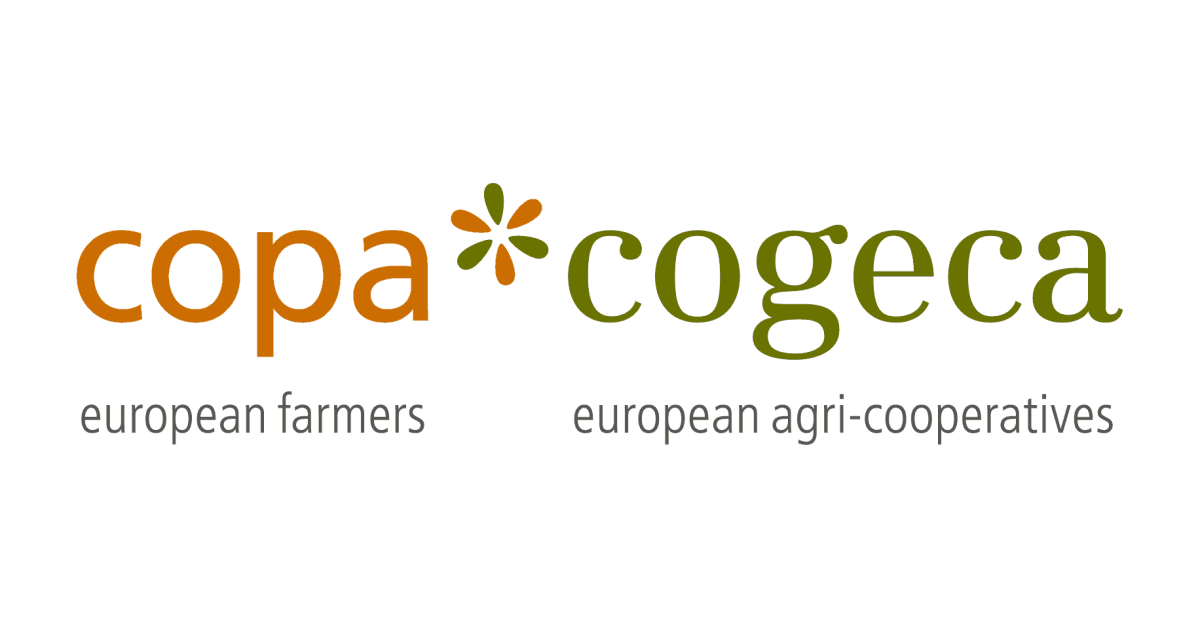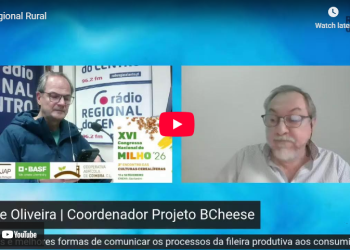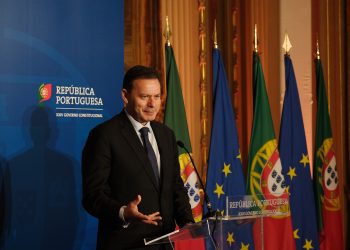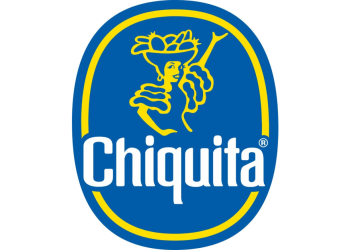One month before the expiration of the current Autonomous Trade Measures (ATM), EU agri-food producers and manufacturers call on the European Commission to reflect on the lessons of the past three years when shaping the next phase of our trade relationship with Ukraine. The goal should be to secure the economic viability of EU producers while paving the way for a successful and forward-looking partnership—one that fosters synergies and integration between two agricultural powerhouses.
Since the onset of the war, the EU has recognised its critical role in supporting Ukraine in defending itself and, by extension, the rest of Europe. In these challenging times, continued support for Ukraine is essential. However, for that support to be sustainable—and for Ukraine’s eventual integration into the EU, in whatever form it may take—it is equally important to ensure that European farmers and manufacturers are not left to shoulder a disproportionate share of the burden. Otherwise, we risk weakening the EU agricultural sector and inadvertently strengthening Russia’s global position in the long run.
The liberalisation of trade with Ukraine has had a significant negative impact on several vital EU agricultural and manufacturing sectors. While Ukraine’s access to the EU market was meant to support its economy, the reality is that many European producers—especially in sectors such as cereals, sugar, poultry, eggs, ethanol, and honey—have been put under severe pressure. These producers face falling prices due to market oversupply, declining market share, logistical constraints, and rising production costs driven by the war, consequently threatening their economic viability, while at the same time allowing Russia to capitalise on the gap left by Ukraine’s absence in key markets across North Africa and Southeast Asia.
The priority is more than ever to guarantee that the economic viability of EU producers is not threatened by unlimited imports, while supporting Ukraine regain access to its traditional markets- Otherwise, it would confine both the EU and Ukraine, two of the world’s leading agri-food producers, to competing within the same market space, thereby undermining the long-term strategic interests of both partners ahead of the Ukraine accession to the EU. We thus call for a revised Association Agreement establishing TRQs similar to those previous to the war.
On behalf of the following associations:
AVEC – Association of Poultry Processors and Poultry Trade in the EU countries
CEFS – European Association of Sugar Manufacturers
CEPM – European Confederation of Maize Production
CIBE – International Confederation of European Beet Growers
COPA-COGECA – The United Voice of Farmers and their Cooperatives in the European Union
ePURE – European Renewable Ethanol Association
EUWEP – European Union of Wholesale with Eggs, Egg Products, Poultry and Game
iEthanol – European Industrial and Beverage Ethanol Association
Fonte: Copa Cogeca

